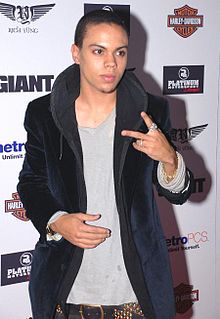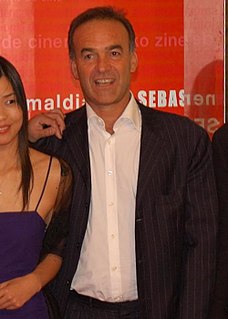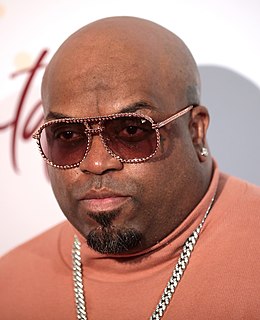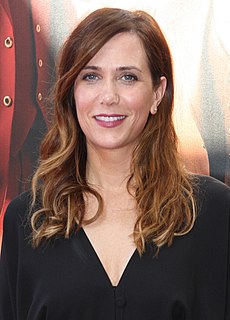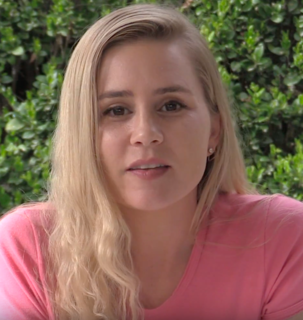A Quote by Charlie Brooker
On 'Black Mirror,' we don't tend to deal with big, powerful people, because when you look at a Weinstein or something, you think, 'Is he capable of feeling anything?'
Related Quotes
I don't know if it's more acceptable or if black men are more comfortable. Black men certainly are more comfortable with it. I don't know that society, like white society loves it or black women. When you see a black man with a white woman there is a feeling that you have and I think the feeling is an instinctual feeling of you want her you don't want me. I don't look anything like her, so you don't like. You know what I mean? Something like that. It's a real instinctual primal thing.
Music documentaries are hard to tell, but I think they're an amazing vehicle to look at racism, our attitude to sex, the way we judge drugs. There's the ability to get a big audience because of these incredible, iconic, charismatic people. You can look at a number of issues - the challenge is to make sure you choose something that has all those issues. Popular music is like a mirror of culture, of who we are.
Don't you think it's something strange that you rarely look at yourself in the mirror, except to do things like stand and ponder? I mean, in Shakespeare's day, it was thought that the mirror would reveal something, that it is trying to tell you something - not just to tidy your hair, but something more.
Self-esteem is made up primarily of two things: feeling lovable and feeling capable. Lovable means I feel people want to be with me. They invite me to parties; they affirm I have the qualities necessary to be included. Feeling capable is knowing that I can produce a result. It's knowing I can handle anything that life hands me.
The best change you can make is to hold up a mirror so that people can look into it and change themselves. That's the only way a person can be changed." By looking into yourself," Zia said. "Even if you have to look into a mirror that's outside yourself to do it." "And you know," Maida added. "That mirror can be a story you hear, or just someone else's eyes. Anything that reflects back so you can see yourself in it.
I think the play offers (white Americans) a different way to look at black Americans For instance, in 'Fences' they see a garbageman, a person they don't really look at, although they see a garbageman every day. By looking at Troy's life, white people find out that the content of this black garbageman's life is affected by the same things- love, honor, beauty, betrayal, duty. Recognizing that these things are as much part of his life as theirs can affect how they think about and deal with black people in their lives.
I think, in general, this country makes a huge deal about nudity and not a big enough deal about violence. We're allowed to cut people's heads off on shows - but not allowed to show breasts or somebody breastfeeding or whatever. I think it's a big deal in America especially. But I think to each is own.



